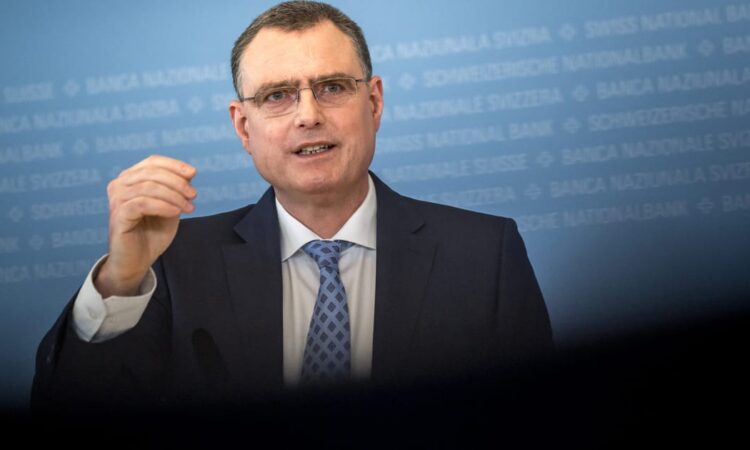
The franc had fallen around 6 percent against the euro between the start of the year and the end of May, helped by the SNB’s first rate cut in March. That had made Switzerland the first advanced economy to cut rates since the post-pandemic surge in inflation.
HSBC analyst Chantana Sam noted that as recently as last month, Jordan had appeared more concerned about the franc weakening too fast. However, the franc has rebounded sharply since elections to the European Parliament less than two weeks ago, which triggered a snap election in France and also drastically weakened the position of the three-party federal government in Germany.
A higher franc depresses the price of key imports from the neighboring eurozone, putting downward pressure on prices overall and increasing strains on export-focused Swiss industry.
“In the end, the recent appreciation in the CHF tipped the balance toward another rate cut,” Sam said in a note to clients.
Bond markets across Europe have been unsettled by fears that the new French government may fail to put the country’s debt back on a downward trend. Investors have sought safety in a currency with less perceived political risk, as they did — in much more extreme fashion — a decade ago during the eurozone sovereign debt crisis.
Jordan said the SNB will “monitor the situation closely and use our monetary policy measures to ensure that inflation remains within the range consistent with price stability on a sustainable basis over the medium term.”





